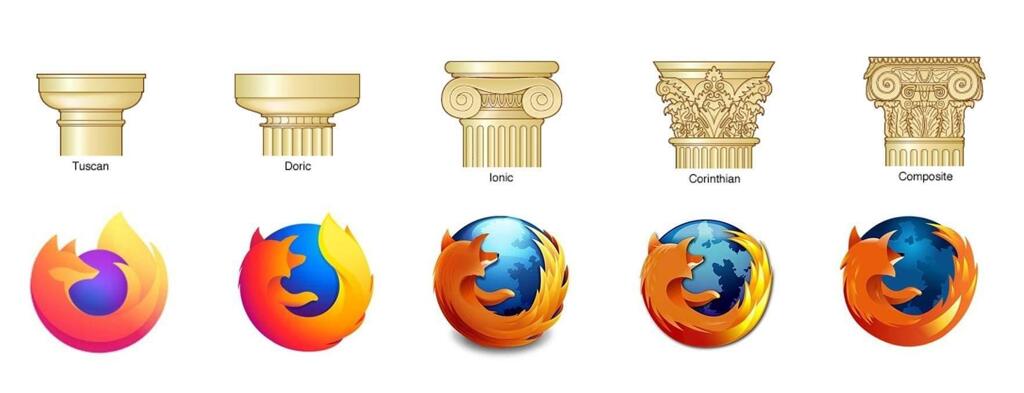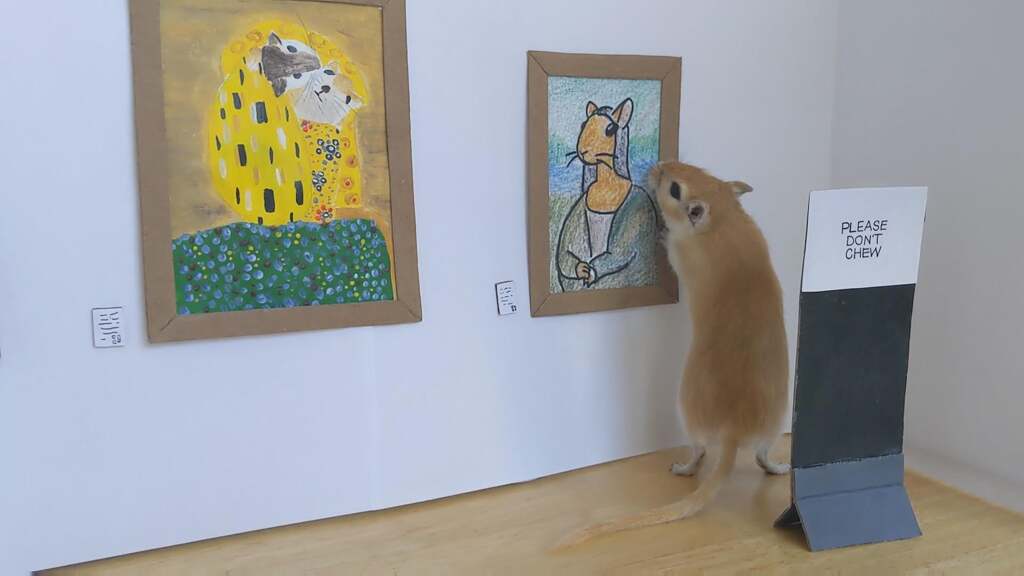Looks like the vast majority of people disagree D: I do agree that WP should consider ways to make certain articles more approachable to laymen, but this doesn't seem to be the right approach.
There should be some degree of supervision, users will at a minimum be able to rate the summaries as helpful or unhelpful, and I guess those rated as unhelpful will be removed.
Here's the direct link to the recent short documentary mentioned in the "Transgressive behaviour" section: https://www.youtube.com/watch?v=z88I2UxheNI
It's mostly in Dutch but it has English subtitles available. A very interesting watch.
I've pirated books that are so rare their used copies cost hundreds of euros. Also there are the English academic publications, which have insane prices even by default, and boy do I love hoarding them. In general, I've pirated so much I have no idea how I'd even go about estimating the theoretical total cost.
OTOH I've also recently been thinking about how much money I have spent on legally obtaining media, going to concerts and film screenings and plays and exhibitions and everything else... Should be solidly in the four-digit area.
with a LLM I can be open without any baggage involved, I can be more raw and honest than I would or could be with any human because the information never leaves my computer.
😐
Recently went down the rabbit hole (ok, I'm lying, I just read a Wikipedia article and one scientific study), and found out that the venomousness of the platypus has crazy implications for mammal evolution:
In spite of the rarity of venom among extant mammals, venom may be an ancestral feature among mammals, as venomous spurs akin to those of the modern platypus are found in most non-therian Mammaliaformes groups.
https://en.wikipedia.org/wiki/Venomous_mammal
(The monotremes are the platypus and the echidna, which unlike the platypus isn't venomous but still has the spurs.)
It's fucked up that RT and similar sites with their ratings are so important for so many filmgoers. I would guess it's because film theatre tickets have become more expensive so people are trying to be as selective as possible with what films they spend their money on.
So people listen to the "average", go to the movies based on predigested opinions, and end up making their own filmgoing experiences, horizon and taste closer to the average as well. The risk in filmgoing is being minimised (which kind of mirrors the behaviour of the film industry so it's not without reason that the audiences behave like that, I guess; but it still sucks).
long, narrow, harder to read
If you're using Lemmy in your browser, you can click on the image and it will open in full size, which you can zoom in and it's pretty big.
One of my family members participated in one such project, she wrote scenarios for a number of video lectures for schoolkids. It was bad, it was really fucking bad, and I could write an essay explaining why it was so, there's a wide variety of reasons ranging across the technical, legal, administrative, etc. Just one example: you're making a lecture about art? Yeah, go contact the copyright holders if they would be merciful enough to allow us to use the artwork in the video.
And your idea that the default approach should be that kids have no interaction with their teachers is honestly horrifying.
I tried it out and in some respects it really is excellent, but it loads more slowly than the native "new tab". So I stick to the native one (having removed much of the default crap, of course; now it's just a 8x4 table of my "quick links").
I saw it on r/croatia, tbh.



This is already addressed in the first quote in my post. And no, I'm sure that not even close to most articles have a simple.wikipedia equivalent, or that it actually is adequately simple (e.g. one topic I was interested in recently that Wikipedia didn't really help me with: "The Bernoulli numbers are a sequence of signed rational numbers that can be defined with exponential generating functions. These numbers appear in the series expansion of some trigonometric functions." - that's one whole "simplified" article, and I have no idea what it's saying and it has no additional info or examples).